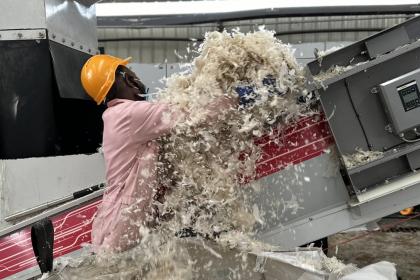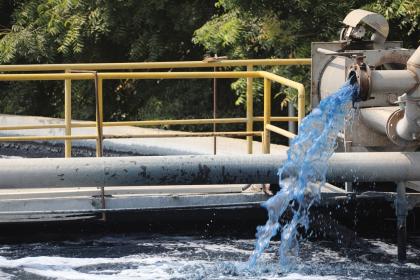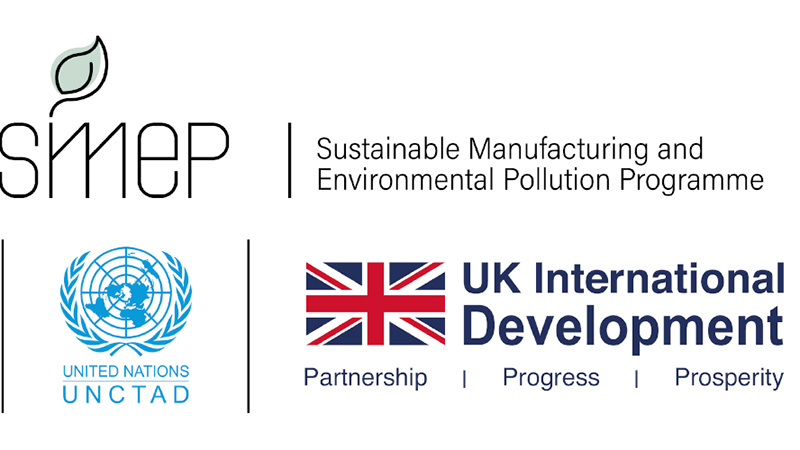The Sustainable Manufacturing and Environmental Pollution (SMEP) programme has been established by the Foreign Commonwealth and Development Office (FCDO) and is implemented in partnership with the United Nations Conference on Trade and Development (UNCTAD).
Overview of the issue
The manufacturing sector provides substantial opportunities for economic growth in developing countries but is frequently associated with high levels of pollution and environmental degradation. There are many reasons for poor pollution management and control. In sectors that are dominated by micro-, small- and medium-sized enterprises (MSME), factors include limited capacity for investment, poor access to resources and limited technological know-how. Weak regulatory environments and limited application of financial and policy incentives are also contributing factors.
Objective of the Project
The programme activities aim to generate cutting edge scientific evidence that can improve existing knowledge of the environmental health and socio-economic impacts of selected trade-exposed manufacturing sectors across target countries in Sub-Saharan Africa and South Asia. The programme will also identify suitable technology-based solutions to address the most pressing environmental health issues associated with manufacturing in target countries, and invest in developing business processes and systems that will result in the uptake of pollution control solutions. In addition, the programme will address the issue of plastic pollution, focusing on identifying and supporting the development of solutions towards material substitution and enhanced biodegradation options.
The programme is directly connected to SDG12: Responsible consumption & production; SDG 9: Industry innovation & infrastructure; SDG 8: Decent work & economic growth; SDG6: clean water & sanitation; SDG 11: Sustainable cities & communities.
The Independent Technical Advisory Panel (ITAP) provides strategic guidance to the implementation of the SMEP programme. The group of individually appointed independent experts provides a sounding board for the SMEP procurement strategy and advises on the selection of SMEP service providers.
Intended Outcomes
The SMEP programme is funding research and related interventions aimed at reducing the environmental health and socio-economic impacts of the manufacturing sector in target countries, as well as addressing some of the most pressing challenges associated with plastic pollution. Programme interventions aim to accelerate the development and uptake of practical solutions with potential for impact.
Research and other interventions include:
- Developing and testing technology-based solutions and cleaner production methods to reduce pollution generated by manufacturing activities;
- Identifying the most suitable policies and business models that could facilitate and encourage uptake across target areas;
- Generating evidence and identifying solutions for reducing plastic pollution, which has reached critical levels in several countries across Africa and Asia and is now posing a serious threat to the health of the oceans worldwide.
Monitoring and Evaluation
UNCTAD is responsible for the monitoring, internal evaluation and reporting of its programme components, impacts, outcomes and outputs. An Independent Technical Advisory Panel (ITAP) provides strategic guidance to the implementation of the SMEP programme. The group of individually appointed independent experts provides a sounding board for the SMEP procurement strategy and advises on the selection of SMEP service providers.
(For more information and procurement opportunities)








